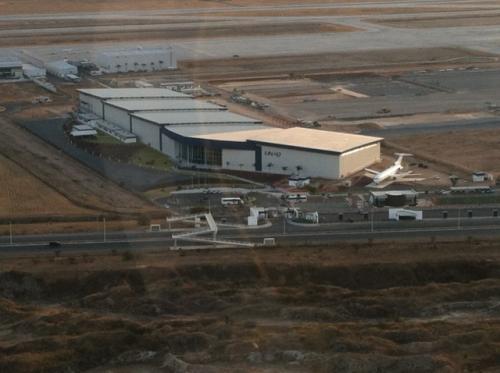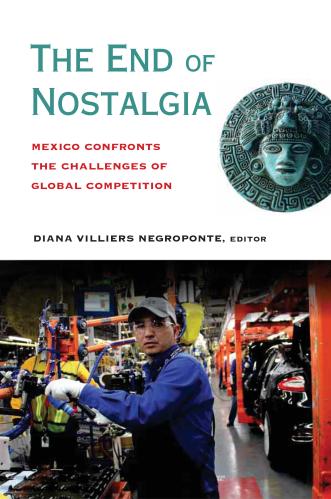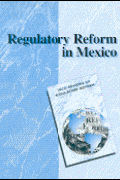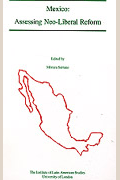Back in March, we wrote about the unique case of Querétaro, a state two hours north of Mexico City that has achieved extraordinary economic growth in recent years, and is now home to a burgeoning Mexican middle class. On Monday and Tuesday, as part of the Global Cities Initiative, we returned with a delegation of leaders from eight U.S. regions to better understand how Querétaro has become a hub of advanced industries like aerospace, and what lessons its experience holds for counterpart states and cities across North America.
Briefings with Querétaro governor Josė Calzada and his staff, and with local aerospace industry leaders from Bombardier and UNAQ, illustrated that the state actively embodies many of the “ten traits” that a recent Brookings report identifies as key to economic success on the global stage.
Specializations with Global Reach: Querétaro has succeeded in cultivating a wide range of industry specializations, including food, automotive, appliances, aerospace, software, and biotechnology, with major foreign firms present in each sector. If global dynamics threaten its position in any one of these industries, the state has several others that could help cushion the blow.
Compelling Global Identity: Querétaro has actively cultivated a brand identity of “Querétaro as leader,” a leader in innovation, education, environment, culture, and ultimately quality of life. The data back up the brand. And the state places a premium on helping leaders from all sectors—elected, business, education, civil society—articulate Querétaro’s brand consistently, wherever they go.
Culture of Knowledge; and Ability to Secure Investment for Strategic Priorities: A linchpin of Querétaro’s success in attracting foreign investment is its own investment in education, aligned strategically with industry needs. The aerospace university UNAQ is a prime example. The joint commitment of the federal and state governments to create UNAQ to provide the skilled technicians and engineers that aerospace firms would need was one of the critical factors behind Bombardier’s initial investment in Querétaro in 2006. That investment paved the way for the growth of a robust aerospace cluster, which will soon include a major joint Delta-AeroMéxico maintenance, repair, and operations facility, with more than 1,000 workers projected to be trained at UNAQ.
Leadership with a Worldview: The state of Querétaro’s Office of International Relations and Government Innovation maintains an International Leaders Network, which includes representatives from industry, government, NGOs, universities, and other members of civil society. The group meets monthly to hone and execute a multifaceted “social diplomacy” plan, which includes strategic partnerships with cities such as Quebec, Gothenburg, Marseille, and Punta del Este on issues of mutual benefit; and participation in global forums convened by organizations such as the United Nations and the Clinton Global Initiative. Querétaro’s expanding worldview is further evidenced by the fact that it will soon house a campus of Arkansas State, the first fully accredited U.S. university campus in Mexico.
Several members of the GCI-Mexico delegation remarked that they had not heard of Querétaro before having the opportunity to visit this week. But now they, and probably many of their colleagues back in their home communities, will understand this global success story emerging along the NAFTA corridor in Central Mexico.









Commentary
How Querétaro Goes Global
November 13, 2013